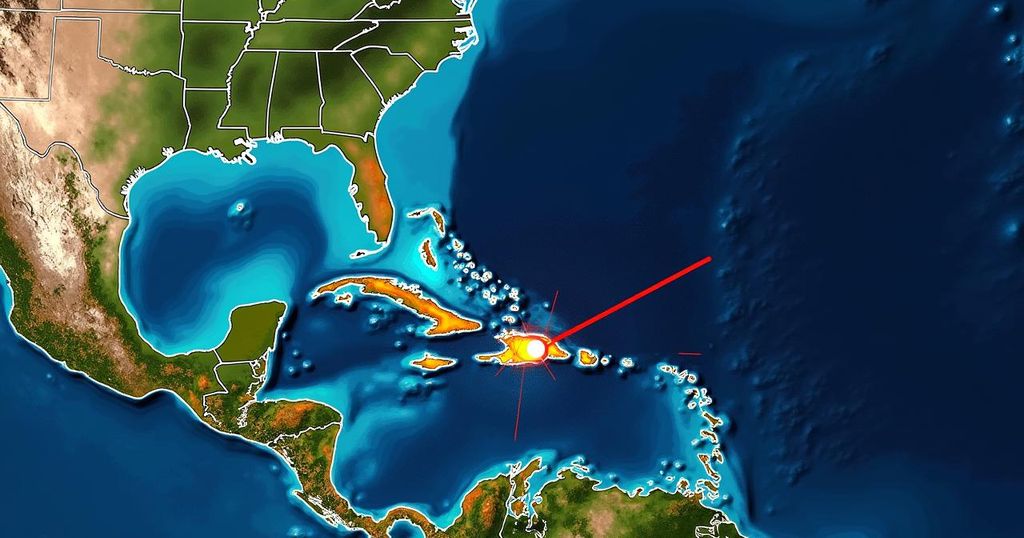Tropical Storm Leslie and Hurricane Milton Update: Key Information for Friday

The National Hurricane Center on Friday monitored Hurricane Milton and Tropical Storm Leslie in the Atlantic, indicating no immediate land threats. Leslie, positioned 1,635 miles west of the Azores, has sustained winds of 60 mph and is likely to weaken into a post-tropical cyclone soon. Another system near the Cabo Verde Islands has a moderate potential for development, with a 40% chance of becoming a tropical depression. The 2024 hurricane season runs from June 1 to November 30, with active monitoring essential for public safety.
On Friday, the National Hurricane Center was monitoring Hurricane Milton and Tropical Storm Leslie within the Atlantic Ocean. Despite recent adverse weather conditions impacting Florida and the Southeast, where residents are dealing with the aftermath of Hurricane Milton and the preceding Hurricane Helene, the current storms are not expected to pose any significant threats to land. Tropical Storm Leslie was situated approximately 1,635 miles west of the Azores, recording maximum sustained winds of 60 mph and moving west-northwest at 10 mph. A shift towards the north is likely, followed by a northeastern trajectory with increasing forward speed, though Leslie is anticipated to weaken gradually and transition into a post-tropical cyclone within the next few days. The advisory for Leslie is expected at 11 a.m. ET on Friday. Additionally, weather conditions over the Cabo Verde Islands were assessed, revealing the presence of a low-pressure system with moderate potential for development. Shower and thunderstorm activity appears to be dislocated from the system’s center, but there remains a 40 percent chance of formation into a short-lived tropical depression or storm before environmental conditions deteriorate. Regardless of further development, residents in the Cabo Verde Islands may experience heavy rainfall and gusty winds today. With regard to the upcoming 2024 Atlantic hurricane season, it is set to commence on June 1 and conclude on November 30, featuring a roster of designated names for potential storms, including Leslie and Milton among others. The National Hurricane Center advises that the hurricane season typically sees increased activity from August to October. This report serves to keep the public informed about current tropical weather developments.
The Atlantic hurricane season, which takes place from June 1 to November 30, leverages historical patterns to predict storm formation and intensity. With peak periods generally occurring from August to October, it becomes crucial to track tropical systems as they evolve. The National Hurricane Center plays a fundamental role in monitoring these hurricanes and tropical storms, offering updates and advisories critical for public safety. This report details the ongoing situations of Hurricane Milton and Tropical Storm Leslie, both of which are being monitored for their impacts on the surrounding regions and developments arising from systems in the Cabo Verde Islands.
In summary, while Tropical Storm Leslie and other systems in the Atlantic warrant monitoring, they presently do not threaten land. Residents in affected areas, particularly Florida, are recovering from recent hurricanes, while the Cabo Verde Islands may experience transient weather effects. As the 2024 Atlantic hurricane season approaches, the community is urged to remain vigilant and informed.
Original Source: www.heraldtribune.com







